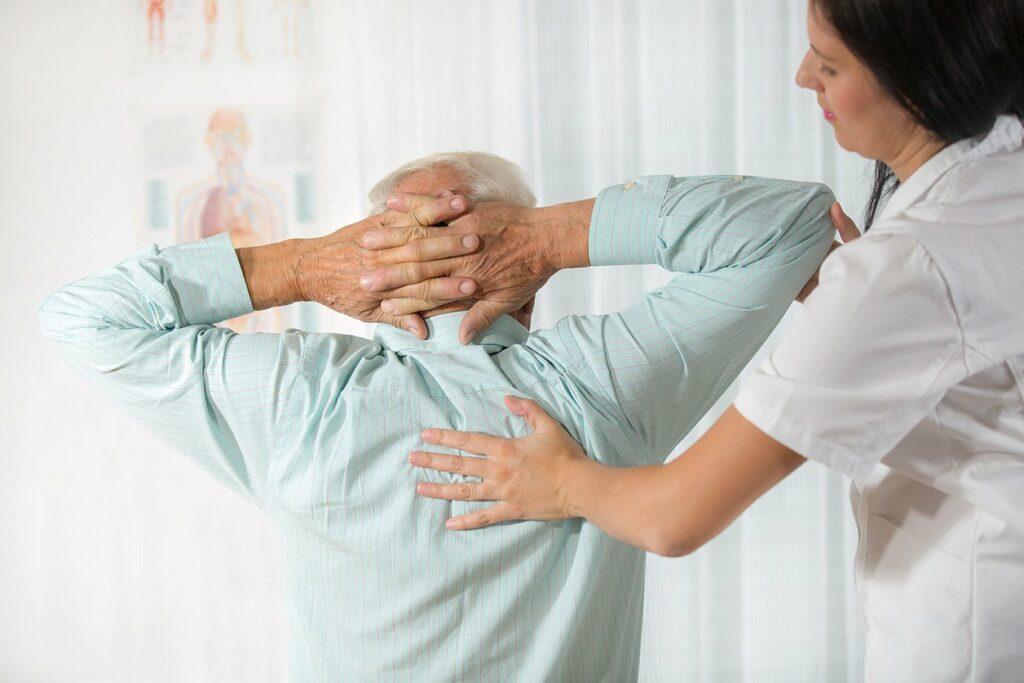Back Pain and Incontinence – Is There a Link Between Them?

There is a link between back pain and back injury, and incontinence. The body is a complex system. We don’t often think about it but our activities of daily living are supported by hundreds of intricate inner workings. When one of these functions fails there can be a cascade of effects. Such is the case with back pain or back injury.

Causes of lower back pain that lead to stress incontinence include:
Cauda Equina syndrome
The Cauda Equina is a bundle of nerves at the base of the spinal column. Damage to these nerves such as from a degenerative condition, illness or injury can result in loss of bladder function.
Lesions or tumors
Tumors or lesions on the spinal cord can interrupt nerve communication signals that support normal bladder function. Other causes of back pain and problems such as herniated disc, spinal stenosis and fractured vertebra have been implicated in urinary incontinence.
Low back pain and pelvic floor function
Poor pelvic floor function contributes to urinary incontinence. Studies have shown a correlation between low back pain and reduced pelvic floor function. Low back pain may be related to poor posture, excessive weight gain or trauma – say, from a fall. Kegel exercises can improve pelvic floor function. Weight loss, yoga and rest can relieve some kinds of back pain.
Kidney problems
Kidney trouble, including stones, will cause lower back pain. Another symptom is frequent urination or urge incontinence.
Prostate
Prostatitis or inflammation of the prostate can cause lower back pain and frequent urge to urinate or urge incontinence as well. Prostate cancer is also a cause of lower back pain and incontinence.
Chronic illness
Chronic health conditions such as diabetes and arthritis are other causes of lower back pain and urinary incontinence.
Researchers do not have a definitive answer for the relationship between lower back pain and urinary incontinence. The most likely cause is interruption of communication. Nerve impulses governing urinary function that originate from the base of the spine, or lower back, are communicated less efficiently or not at all with the pelvic organs. When the bladder doesn’t receive signals about holding and releasing urine, incontinence results.
Particularly if your lower back pain is with acute onset you will need to contact your doctor immediately. Consequently, Cauda Equina syndrome, untreated, can lead to permanent nerve damage and urinary incontinence. Lower back pain that develops over time should also be addressed. Visit your doctor to rule out any serious health problems and get advice for treating incontinence.
